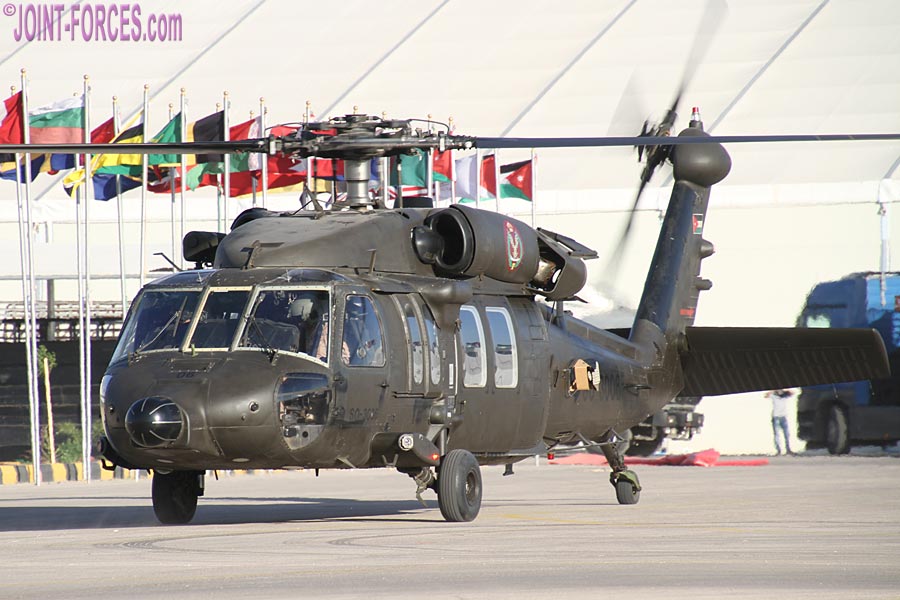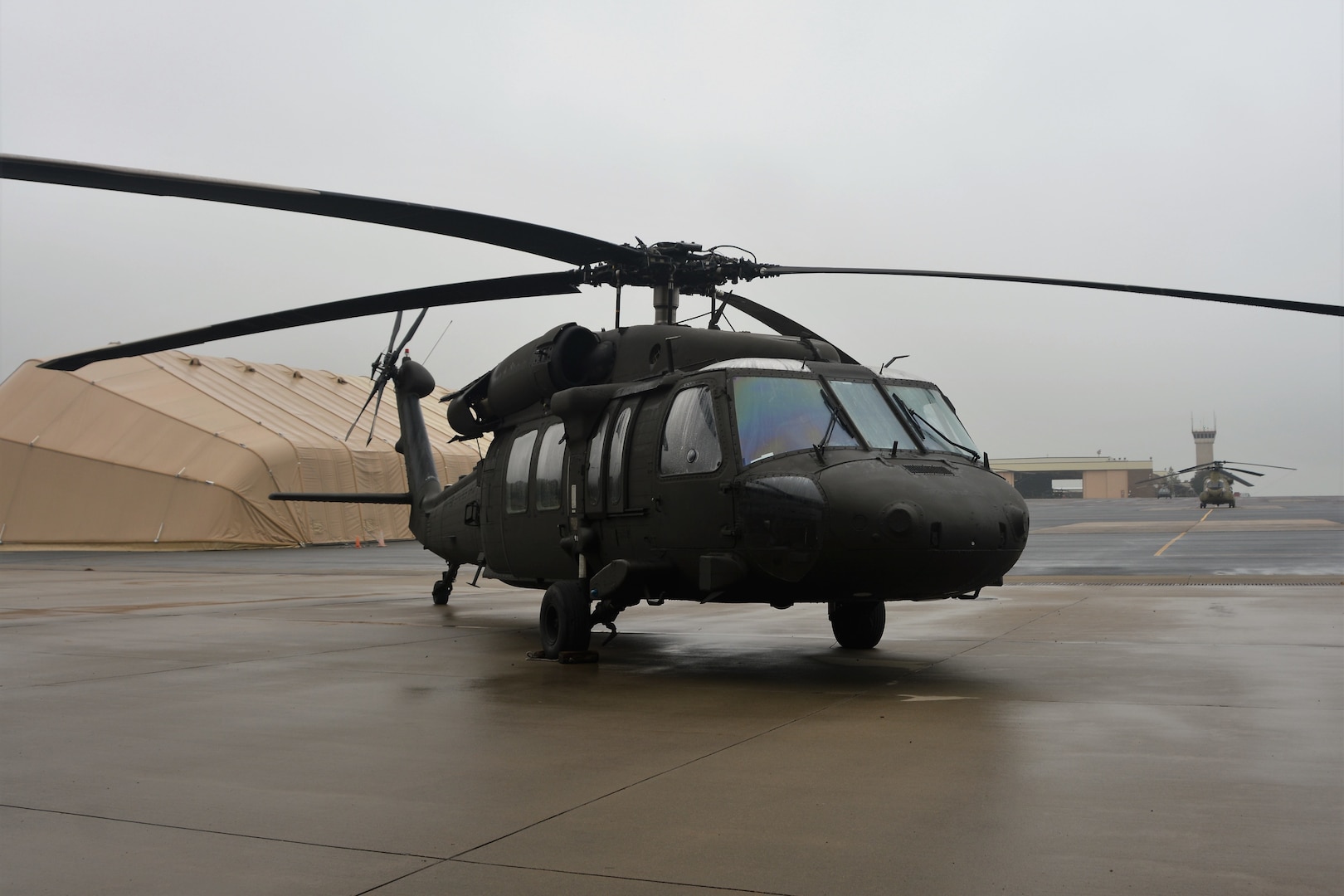UH 60 Black Hawk: From Principle to Contemporary Applications
UH 60 Black Hawk: From Principle to Contemporary Applications
Blog Article
The Impact of Sustainable Practices on the Future of Airplane Workflow and Emissions Reduction
As the aviation sector deals with enhancing scrutiny over its environmental effect, the adoption of lasting techniques becomes a critical path towards future airplane operations and discharges decrease. Advancements in lasting aeronautics gas and improvements in crossbreed propulsion modern technologies stand at the center of this change, encouraging considerable reductions in greenhouse gas discharges. Nonetheless, the effective combination of these initiatives depends upon a range of variables, including governing structures and sector cooperation. The question stays: how will these advancing techniques reshape the dynamics of air travel and contribute to an extra sustainable future?

Overview of Sustainable Practices
Lasting practices in aircraft operations incorporate a series of techniques aimed at reducing ecological influence while keeping functional efficiency. These methods are essential in the air travel market's commitment to minimizing its carbon footprint and sticking to international ecological standards. Trick initiatives include optimizing trip paths to reduce fuel consumption, enhancing maintenance protocols to make sure airplane run at peak efficiency, and carrying out advanced innovations such as winglets and lightweight products that enhance the rules of aerodynamics.

Involving and educating team on sustainability techniques additionally play an essential role, cultivating a society of environmental obligation within companies. In general, the combination of these sustainable methods not just helps in reducing discharges however also enhances the long-lasting stability of the air travel industry, ensuring it satisfies the needs of both customers and regulatory bodies while adding to global sustainability goals.
Ingenious Fuel Alternatives
Many cutting-edge fuel options are emerging as essential remedies to decrease the aeronautics industry's reliance on conventional fossil fuels. Among these alternatives, Sustainable Air travel Fuels (SAFs) have gotten significant interest as a result of their prospective to decrease lifecycle greenhouse gas exhausts by up to 80% compared to standard jet fuels. SAFs are stemmed from various feedstocks, including waste oils, farming residues, and also algae, making them a functional choice for the market.
Another promising choice is hydrogen fuel, which, when used in gas cells, produces only water vapor as a byproduct. Furthermore, electric propulsion systems are being explored, leveraging battery technology to power aircraft.
Last but not least, biofuels obtained from biomass are being examined, using a sustainable option that can be mixed with conventional gas. Jointly, these cutting-edge gas options represent an important step towards accomplishing a lasting air travel community, lining up with international discharges decrease targets and enhancing the sector's ecological stewardship.
Technological Improvements in Aviation

How can technical improvements improve the future of aeronautics? Advancements such as hybrid and electrical propulsion systems are at the center, encouraging substantial reductions in fuel usage and greenhouse gas exhausts.
Moreover, the execution of innovative materials, such as light-weight composites, adds to improved the rules of aerodynamics and gas effectiveness. The use of fabricated knowledge and maker understanding in trip operations optimizes route planning and lowers fuel melt by enabling real-time adjustments based on weather condition and traffic conditions. In addition, the advancement of self-governing and from another location piloted aircraft systems stands to transform freight and traveler transportation, possibly enhancing effectiveness while decreasing human mistake.
Furthermore, lasting aeronautics innovations, consisting of sophisticated air traffic monitoring systems, can enhance procedures and lower congestion, causing reduced emissions during flight. These developments collectively represent a paradigm shift in air travel, guaranteeing a future where sustainability and operational effectiveness are linked, consequently sustaining the sector's dedication to decreasing its environmental effect.

Regulatory Framework and Compliance
Taking into account the growing emphasis on ecological stewardship within the air travel industry, the governing structure governing aircraft procedures is progressing to promote lasting methods. Regulatory bodies, such as the International Civil Air Travel Company (ICAO) and numerous nationwide aeronautics authorities, are introducing rigorous standards focused on reducing discharges and improving functional performance.
These policies frequently consist of the adoption of Lasting Aviation Fuel (SAF), which has actually been acknowledged as a vital element in attaining lower carbon impacts. Moreover, conformity with these policies calls for airlines to implement operational methods and advanced technologies, such as optimized flight courses and boosted air website traffic monitoring, to decrease fuel intake.
Additionally, the enforcement of discharges trading plans and carbon balancing out campaigns is ending up being progressively common, engaging airline companies to monitor and report their exhausts properly. Non-compliance can cause considerable penalties, thus pushing drivers to focus on sustainability in their organization designs.
Inevitably, the evolving regulatory landscape not just drives innovation and investment in green innovations however likewise fosters a culture of accountability within the air travel industry. As these structures proceed to establish, the concentrate on sustainable practices will certainly be important to achieving the sector's lasting environmental goals.
Future Trends in Airplane Workflow
As the aviation market adapts to an increasingly strict governing atmosphere, future trends in airplane procedures are readied to concentrate on innovative options that even this article more improve sustainability and effectiveness - uh 60. Secret developments will likely include the fostering of sophisticated air web traffic management systems, which Recommended Reading utilize real-time information and expert system to enhance trip paths, lowering fuel consumption and discharges
One more considerable pattern is the increased assimilation of sustainable aeronautics fuels (SAFs) These alternatives to conventional jet gas, originated from eco-friendly resources, can dramatically lower lifecycle greenhouse gas exhausts. The market's commitment to SAFs will likely accelerate as airlines team up with gas manufacturers to guarantee accessibility and cost-effectiveness.
In addition, the press in the direction of electrification and hybrid propulsion systems is obtaining momentum. Emerging aircraft styles will certainly include these modern technologies, supplying quieter and more effective procedures, especially for short-haul trips.
Conclusion
The fostering of lasting aeronautics fuels, coupled with developments in electric and hybrid propulsion systems, is important for reducing lifecycle greenhouse gas exhausts. Enhancing flight paths and embracing innovative technologies contribute to a quieter and extra environmentally friendly air travel field.
Developments in lasting aeronautics gas and improvements in hybrid propulsion modern technologies stand at the leading edge of this change, promising considerable reductions in greenhouse gas exhausts.Many ingenious gas alternatives are arising as critical remedies to reduce the aeronautics market's reliance on traditional fossil fuels - uh 60. Amongst these alternatives, Lasting Aeronautics Fuels (SAFs) have actually acquired substantial focus due to their possible to decrease lifecycle greenhouse gas discharges i loved this by up to 80% compared to conventional jet fuels.One more substantial pattern is the increased assimilation of sustainable aeronautics gas (SAFs) The fostering of sustainable aeronautics fuels, paired with advancements in hybrid and electric propulsion systems, is essential for decreasing lifecycle greenhouse gas emissions
Report this page